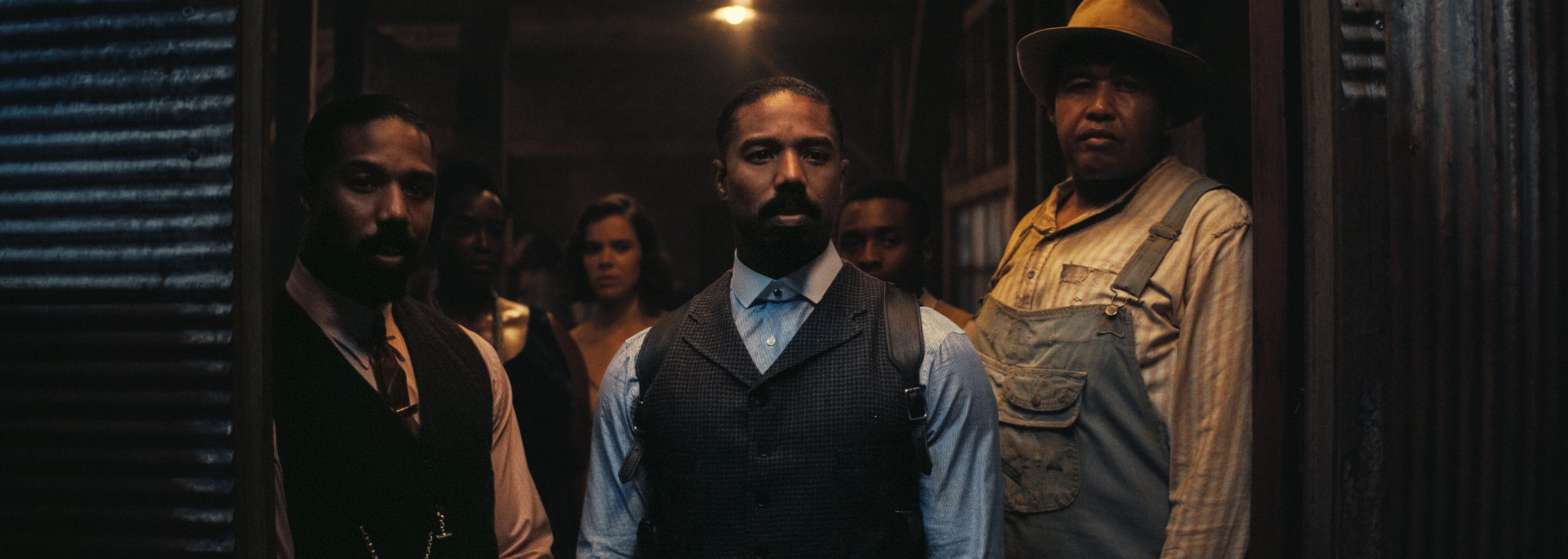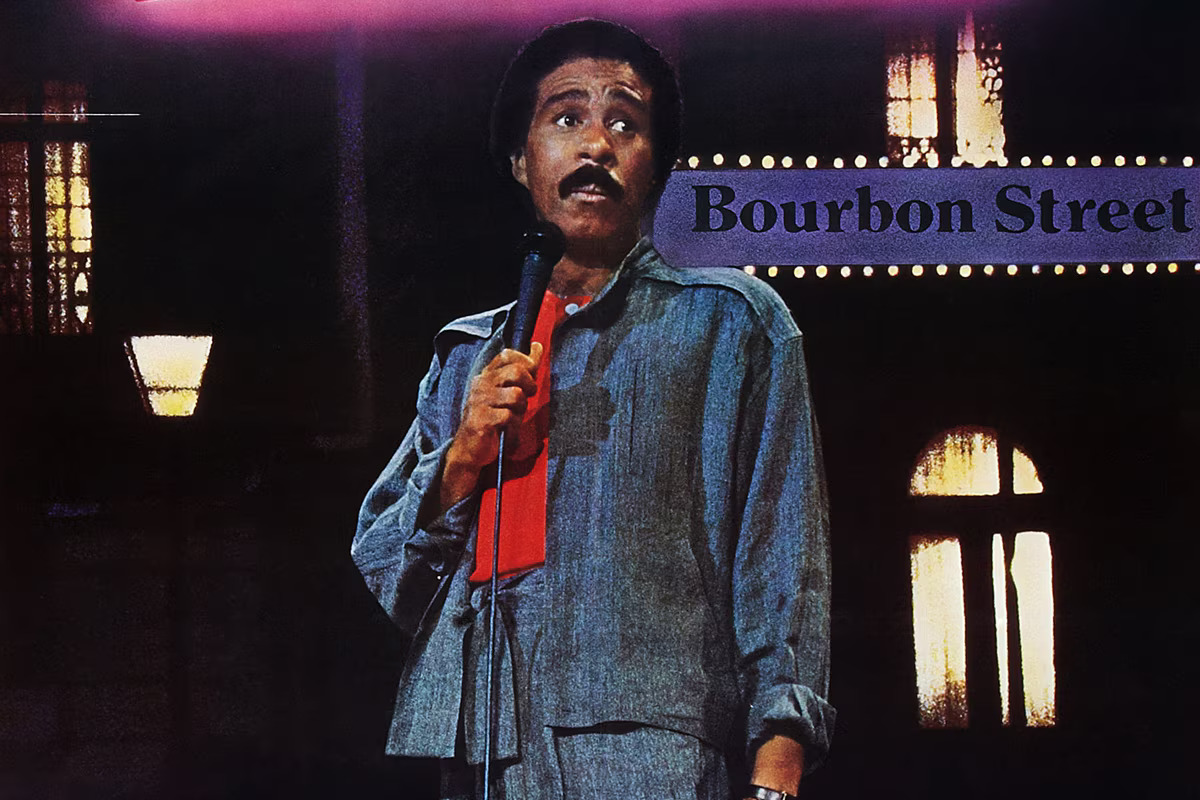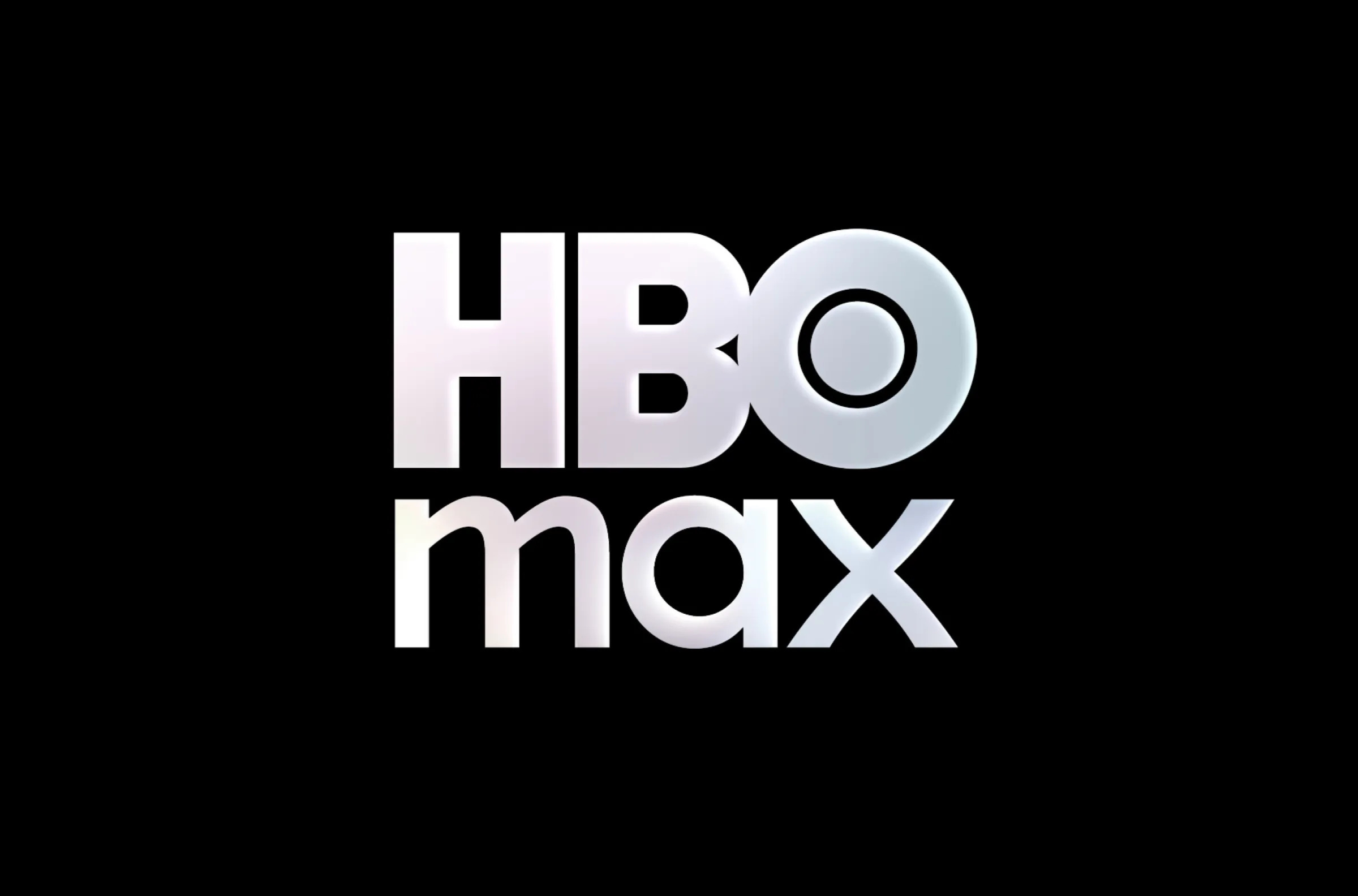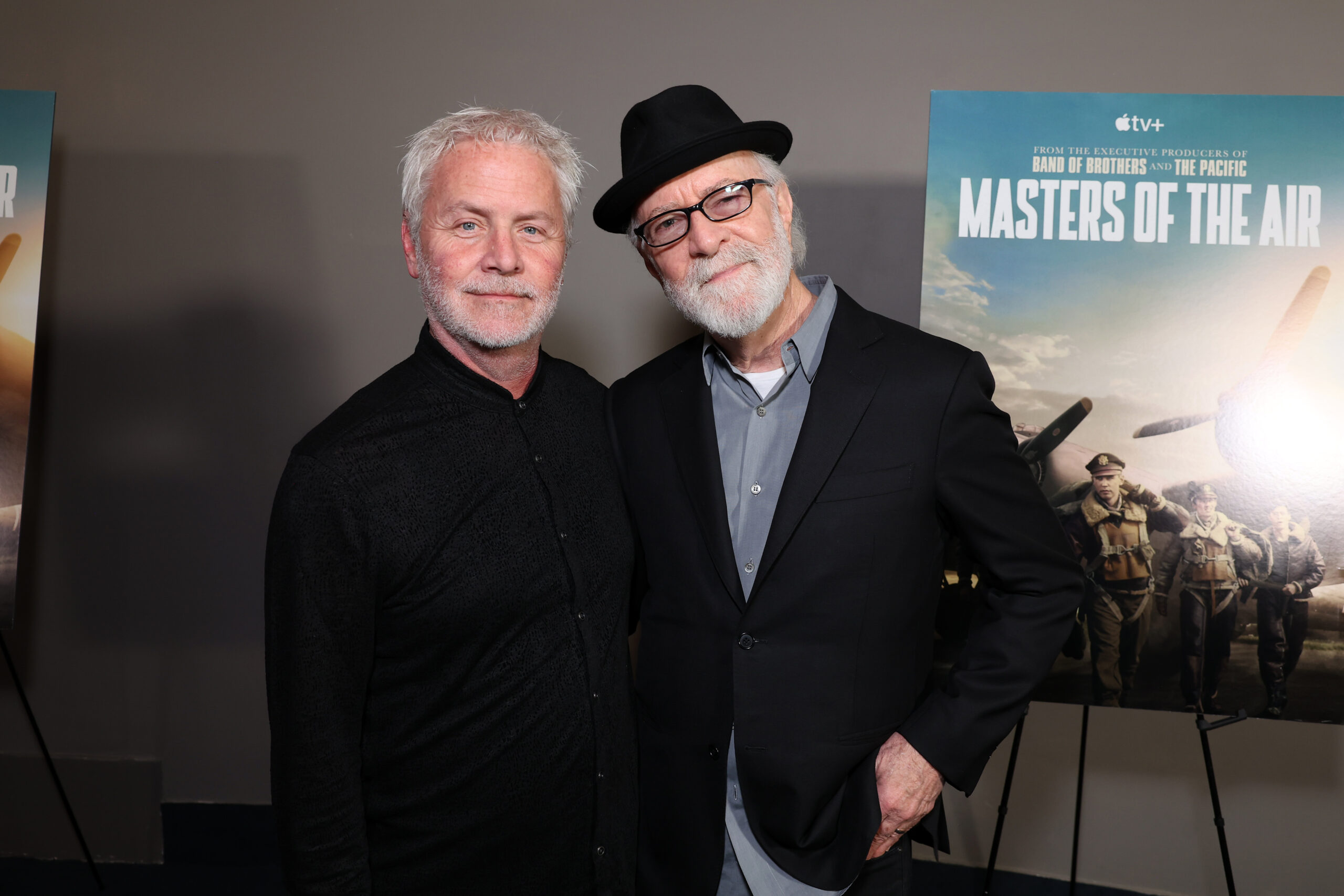
Critics Choice and Emmy-winning composer Blake Neely has scored many TV series and spoke about scoring Masters of the Air.
If you’ve watched a Greg Berlanti series or a Ryan White film, there’s a good chance that you’re familiar with Blake Neely’s work, if not his name. What you might not know about the composer is that he also has a history composing or orchestrating for both Playtone and Amblin. Having worked on both Band of Brothers and The Pacific, the series marks his third World War II miniseries for the two studios.
Developed for TV by John Orloff from Donald L. Miller’s book, Masters of the Air follows the aforementioned Band of Brothers and The Pacific. Where those series followed the action on the ground in Europe and the Pacific theaters, this one follows the air campaign in the years preceding D-Day. Austin Butler and Callum Turner lead a cast that includes Anthony Boyle, Nate Mann, Barry Keoghan, Bel Powley, Rafferty Law, Jonas Moore, Matt Gavan, Branden Cook, Ncuti Gatwa, Elliot Warren, Joanna Kulig, Edward Ashley, and Josiah Cross. Tom Hanks, Gary Goetzman, and Steven Spielberg serve as executive producers. Darryl Frank, Justin Falvey, Steve Shareshian, John Orloff, David Coatsworth, and Graham Yost co-executive produce the series.
All episodes of Masters of the Air and companion documentary The Bloody Hundredth are available to stream on Apple TV+.
It’s so nice to meet you today. How are you doing?
Blake Neely: Great. Thanks for having me.
How did you first become attached to scoring Masters of the Air?
Neely: Well, my mentor is Michael Kamen and he did Band of Brothers back in 2001. I was an orchestrator on that. A few years later, I met the people at Playtone—Gary Goetzman and Tom—and I did a few projects with them and they asked me to do The Pacific, which I did with Geoff Zanelli and Hans Zimmer. When this one came up, I think it’s 13 years later or 14 years later, I said, I have to do it. I’ve been connected the whole time. I love the guys at Playtone, women and men at Playtone, and I just begged him to let me have it. I’ve been working with them now for 19 years so there’s a trust there and we know what each other wants out of the project so that’s my attachment.
What is your typical process for composing a series or film—do you start as soon as you read the script or wait until you can watch footage?
Neely: If there’s time, I like to wait until I can see footage. I’m just very visually inspired. I did get to see this for the first—before I saw any scripts, I saw episode one and then I got to work writing some ideas, but didn’t really commit anything to picture—actual scoring—until I was able to see the whole arc. They were editing while I was writing. We were kind of going hand in hand so that was the process It was come up with some ideas, see if they apply, and then do the entire thing.
Was there any temp music at the time?
Neely: Yes, there was temp in some of the episodes and then it became, let me just write it. You guys keep editing.
Was there any particular direction about what they were looking for in the score or were you given free reign?
Neely: Well, like I said, we’ve been working together for so many years and I’d done the other pieces. We really struggled on The Pacific to find the right tone. I think that when it came to this one, it couldn’t be the same tone, but you get it like you’re doing a war piece. I really wanted to deal more with the tension and relief so the tension was very high and the relief was very earned. That’s kind of what I was playing with but it’s a collaboration. I’m doing ideas, throwing it to them. They’re telling me, maybe it could be like this. Once you find it, you just run with it.
How long were you working on the series?
Neely: I started in July 2022, and we recorded that December. I stayed attached because there were all these changes that happened and then we wrapped. I was on it for about six months writing and recording. We stayed on another year with mixing, editing, and fixing. This is a long process.
How were you able to balance working on Masters of the Air with all of your other series and film commitments?
Neely: I don’t know, a lot of Starbucks. Also, on some of the other shows, I have co-writers and so I could rely on them a little bit more. This weird window came up where there wasn’t that much going on other than Masters. Because of the pandemic, these schedules got pushed and release dates of some of the other shows so it was just this crazy universe gave me this time to do it.
Yeah. Not to mention what looks like a slow death of all the Berlanti DC series on CW.
Neely: Yeah, that went from five superhero shows to none. I mean, they had a good run. It was twelve years. But yeah, I remember when the last one went, it’s like, is this really it? Are we done with DC superheroes?
I had watched just about all those shows so when I attended the premiere of Good Night, Oppy during TIFF and I see your name on the screen as the composer, I’m like, I know that name!
Neely: Wait, were you at TIFF?
Yeah.
Neely: I was there, too.
Yeah, I met Ryan White a few years ago at the Sundance Shabbat dinner when Ask Dr. Ruth premiered.
Neely: Oh, cool. Yeah, he and I have been together for over ten years now. In fact, we’re starting on a new documentary next week. No, this week. (This interview was conducted on February 21.)
I’ll be looking forward to it.
Neely: Between Berlanti, Playtone, and Ryan White, it’s a great, great career.
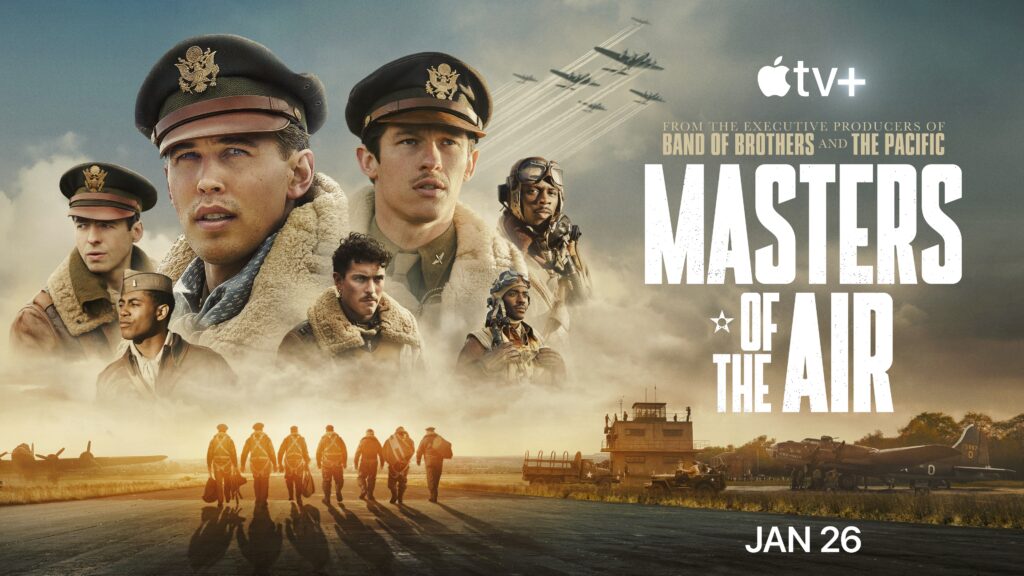
Were there any particular cues or themes that evolved during the process?
Neely: Yes, there are some themes that really evolved. The main titles were the main titles—hey didn’t evolve. I would pick from it and hint at it. Same thing with the end titles. I could hint at it. I had this theme that I started in episode two between Buck and Bucky, and it really developed into this longer piece that ultimately is the last piece called “This Is It”. In episode nine, there was another one that I developed that it was just supposed to be a short little one-minute queue. I kept coming back and developing and developing until it’s this long five-minute track. That’s fun with scoring because when you’re putting together a soundtrack, you can take the various versions you have and make it a longer piece. I always love how you can have this simple idea if you have enough time—we had nine episodes, and with The Flash, we had, I don’t know, nine years of 20 episodes a year, and it just naturally develops because you just don’t want to wear it out by presenting it the same way each time. I’ll have fun with that.
Yeah. Given that the stalags in the series are the same stalags from The Great Escape, did you consider inserting an easter egg to that score?
Neely: No. No. I do love Easter eggs though. I did them all the time in the superhero shows, but not this one. I mean, if they’re really hidden, it’s fun. Michael Kamen used to hide the same little motif in all of his scores, but you had to be pretty much a forensic scientist to find it. It was his fun little way of—a kind of a wink to his daughters, which I thought was fun. Yeah. But, no, no Great Escape.
Do you have a preferred studio where you like to record because of how it sounds?
Neely: I love my studio. It’s just, we can only get about 20 players into it. I love the studio where we recorded Masters of the Air, which is Ocean Way in Nashville. My favorite stage—probably anywhere—is the Warner Brothers stage here in Los Angeles.
How did you first get interested in composing?
Neely: I saw Star Wars when I was eight. I was a classical music nerd, I played piano, I went to Star Wars, and I’m like, I haven’t heard any of this music before. This must be created for it. My parents were like, Yeah, that’s a composer’s job to write music for the movies. I said, Well, I want that job. That’s what I want to do. Simple as that, right? You just say what you want and you get it. But yeah, it was. It was John Williams’ score to Star Wars that woke me up and said, that’s really what I want to try to do.
Yeah. It’s usually John Williams’ music that wakes me up every day when my phone alarms go off. I mean, Jurassic Park for me was the film that changed my life. I wouldn’t be doing what I do without it.
Neely: Really? That. That was your one?
Yep.
Neely: That was your Star Wars.
Yeah. I mean, I did get around to seeing Star Wars when the special editions came out.
Neely: Yeah.
Between those two, I definitely knew I wanted to go into filmmaking. There’s just been a few bumps along the way. I mean, I’m still writing scripts. I’m just not actually producing them. I’m going to assume John is one of the answers to the next question but are there any composers that have had the biggest influences on your work?
Neely: Well, yeah, definitely, John Williams is one. I’m also very influenced by Gustav Mahler, Arvo Pärt, and Aaron Copland. Those are three of my heroes.
I was such a fan of this series. It’s hands-down, one of the best limited series I have watched in years.
Neely: Wow. Yeah, I’m a huge fan of it and it’s blowing up. Thanks for having me and maybe I’ll see you with Ryan somewhere.
Maybe!
Neely: Great. All right.
Thank you.
Neely: Thank you.
All episodes of Masters of the Air are available to stream on Apple TV+.
Please subscribe to Solzy at the Movies on Buttondown.
